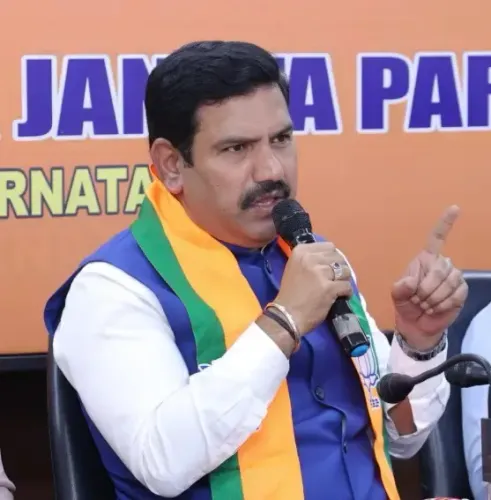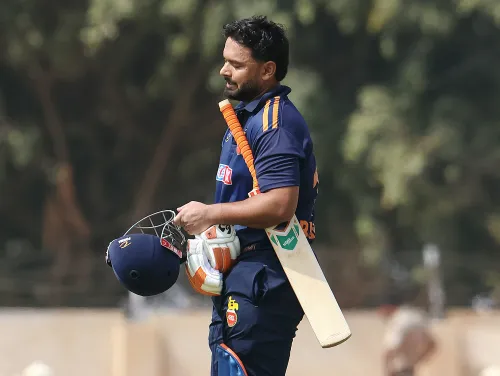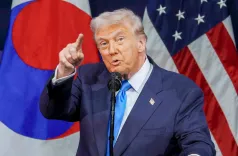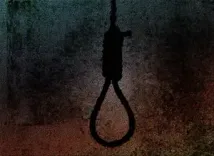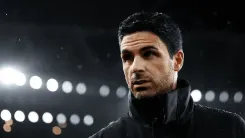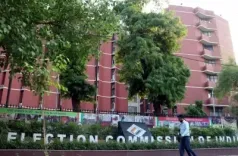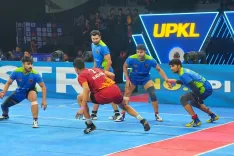Will Iran Halt Cooperation with the IAEA After UNSC's Inaction?
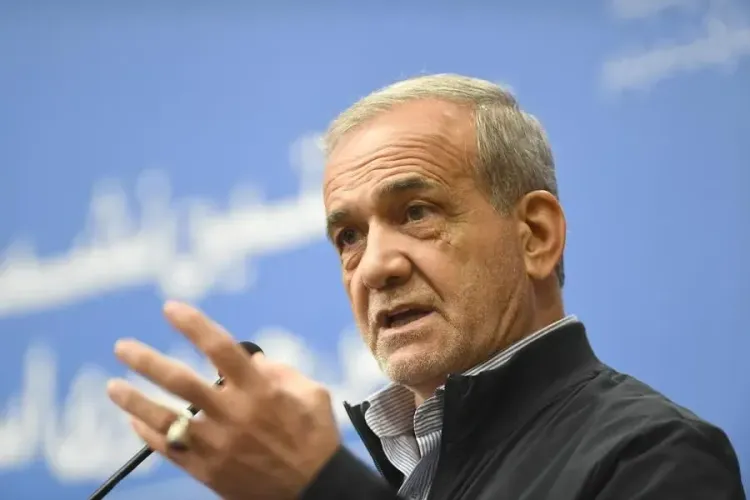
Synopsis
Key Takeaways
- Iran suspends cooperation with the IAEA due to UNSC's decision.
- The E3's actions have been deemed ill-considered by Iran.
- The JCPOA has been under strain since the US withdrawal.
- Iran continues to pursue diplomatic channels.
- Potential sanctions are expected to take effect soon.
Tehran, Sep 21 (NationPress) Iran's highest security council has declared that the nation's collaboration with the United Nations nuclear regulatory body will be effectively halted following a vote by the UN Security Council that did not support the continuation of lifting international sanctions on Iran.
This announcement was made by Iran's Supreme National Security Council (SNSC) on Saturday (local time), which provided details on the decisions made during a meeting led by President Masoud Pezeshkian, according to reports from the Xinhua news agency.
During the assembly, the SNSC criticized what it labeled as the “ill-considered” actions of France, Britain, and Germany, collectively referred to as the E3, concerning Iran's nuclear agenda. The council affirmed that Iran's collaboration with the International Atomic Energy Agency (IAEA) would be effectively suspended as a reaction to the actions taken by the European nations, even though Iran has remained cooperative with the agency and has presented proposals aimed at resolving the nuclear dispute.
The SNSC has instructed the Iranian Foreign Ministry to pursue ongoing discussions to protect national interests in accordance with the council's resolutions, as reported by Xinhua.
Last month, the E3 initiated the deal's “snapback” mechanism, which permits the reimposition of UN sanctions within 30 days if Iran is found to be in violation of the agreement. These sanctions are anticipated to come into effect later this month.
The Joint Comprehensive Plan of Action (JCPOA) has faced challenges since the United States' unilateral exit in 2018, which led Iran to incrementally diminish its compliance.
On Friday, the UN Security Council was unable to pass a resolution that would have extended sanctions relief for Iran under the 2015 nuclear accord, formally known as the JCPOA.
In response, Iran's Foreign Minister Seyed Abbas Araghchi stated that Tehran would not tolerate “political maneuvering and unfair pressure” regarding its nuclear program, cautioning that such actions might heighten tensions. He emphasized that Iran has persistently sought diplomacy and technical collaboration.
Araghchi expressed these sentiments during a phone conversation with IAEA Director General Rafael Grossi, as reported by the state news agency IRNA. This exchange occurred after the UN Security Council's failure to adopt a resolution that would have prolonged sanctions relief under the 2015 nuclear deal.
Araghchi criticized the “political climate” at a recent IAEA board meeting, asserting that Iran's cooperation with the watchdog remains compliant with international regulations.
Meanwhile, Iran's foreign ministry condemned the European actions as “illegal, unjustified, and provocative,” accusing the E3 of obstructing diplomatic efforts.


